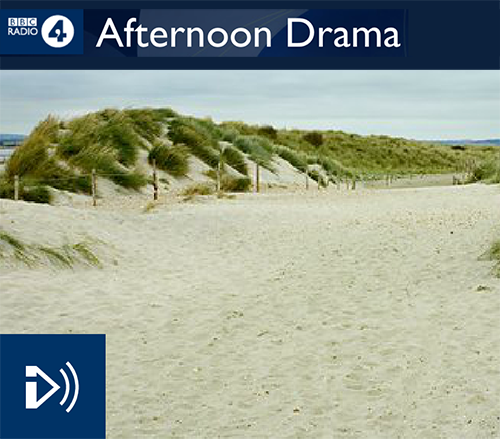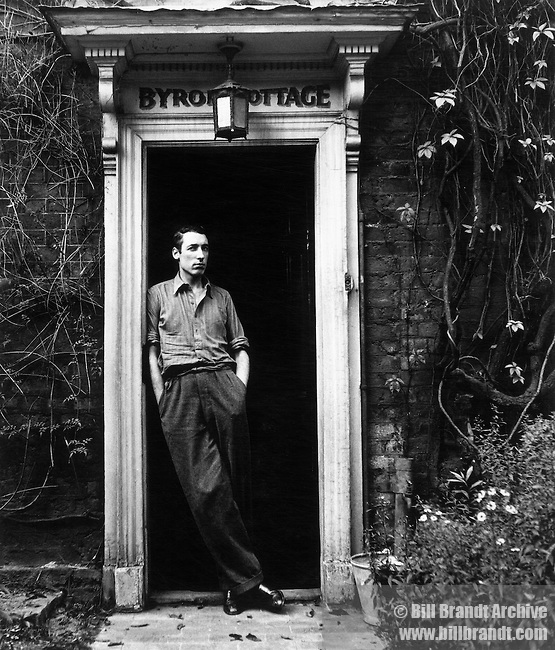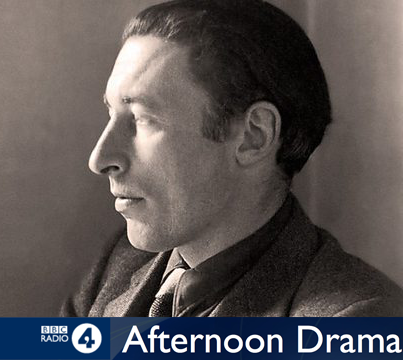 “I came home because they found a body. It was two weeks before my twenty-first birthday and a month before my final exam results were out. Which meant I was almost exactly as old as she was. As she was.”
“I came home because they found a body. It was two weeks before my twenty-first birthday and a month before my final exam results were out. Which meant I was almost exactly as old as she was. As she was.”
Five years ago, almost to the day, Eleanor’s big sister Amy disappeared. At about 3pm on a Saturday afternoon she walked out of the house and no-one ever heard from her again. They never found out what happened to her, either. Until now…
Girl from Mars was first broadcast on BBC Radio 4 on Tuesday 3rd June 2008.
Girl from Mars won the Imison Award which perpetuates the memory of Richard Imison who devoted his entire career to radio drama and to developing new talent. Of “Girl from Mars” the judges said:
“This is a gripping and powerful depiction of the effect on a family when one sibling goes missing. The beautifully-told story begins when a body is found and the remaining daughter returns to be with her family while they await identification. Girl From Mars is moving and emotionally taut. It veers away from sentimentality and felt personal and believable. The structure is complex – combining three different timescales – and uses radio to its full potential, using many techniques including voice-overs, dialogue, text messages, and voice mail. The story has a shades-of-grey resolution about the way a person’s life can tragically stop short – and this is echoed in he subtle way the writer ends her own play too.”
Praise for “Girl from Mars”
“‘Show, not tell’ is probably the best tip you can give anyone who wants to write; and the most difficult thing to achieve. It’s so tempting to stuff everything in, to give away all the evidence too soon or describe every last detail down to the colour of the gunman’s eyes, just to make sure that your readers have followed the plot. It’s an even more difficult technique to master in a radio play, where you might think that ‘telling’ is what matters. How else can your listeners understand what on earth is going on when they have no visual clues? But as any fan of radio drama knows, it’s what’s left out that counts; the absence of information gives the listener licence to invent, filling in the blank spaces with your own imagined scenarios. (It’s like sitting on the Tube or bus and wondering about the life story of the person squashed right up against your ear.)
The winning playwright in this year’s Imison Award (given to the best original script by a writer new to radio, organised by the Society of Authors in memory of the great champion of radio drama, Richard Imison) kept us guessing until the end of her play, and even then left us with a conundrum: ‘Whatever happens we’re not going to know what happened or why.’ It takes guts in a writer to abandon your listeners just at the point when they need you most, to resolve everything neatly and provide them with an upbeat ending on which to finish the ironing, or struggle round the M25. Lucy Caldwell’s award-winning play, Girl from Mars (Radio Four, Monday), took us right inside the horror of losing your sister (or daughter), suddenly, one afternoon, without explanation or any telling clues. There’s an open door, and a full teapot on the table, but no Amy, and nothing to suggest why she is no longer in her flat in Belfast. Five years later, a body is discovered in the River Lagan, just close by. Will it be hers? ”
Kate Chisholm, The Spectator.
 Lucy Caldwell’s new radio play “Quicksands”, a drama about the slippery and shifting notions of truth and memory was broadcast on BBC Radio 4 on December 8. Though no longer available on BBC iPlayer more information can be found here..
Lucy Caldwell’s new radio play “Quicksands”, a drama about the slippery and shifting notions of truth and memory was broadcast on BBC Radio 4 on December 8. Though no longer available on BBC iPlayer more information can be found here..



